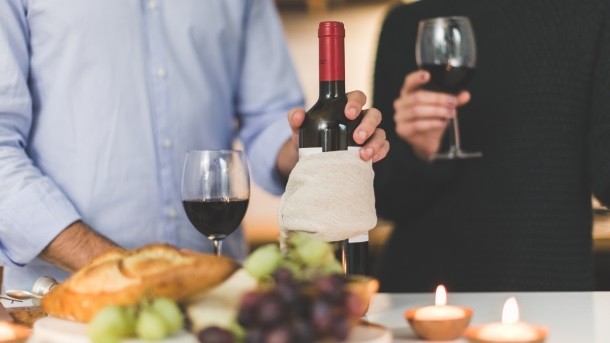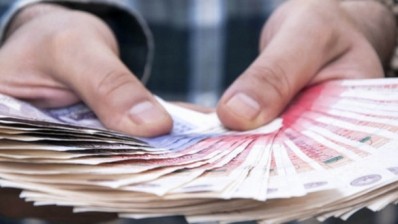APPG set up to probe illicit trade

Illegal trading in alcohol is a major international problem and police forces across Europe, co-ordinated by Europol, run a global operation every year to uncover fake food and drink.
Last year, the investigation uncovered 10,000 litres of adulterated liquor in the UK. In 2015, it seized more than 1,800 litres of illegal wine and around 600 litres of spirits or ‘unidentified’ alcohol in the UK.
The Europol-led operation also resulted in the closure of an illegal factory making ‘vodka’ from windscreen wash.
The APPG, made up of peers and MPs from across the political spectrum, will explore the supply and demand side of illicit trade, and will bring fresh impetus and ideas to tackling these issues.
Law enforcement
The group plans to undertake a number of inquiries each year to deliver workable recommendations designed to assist Government, law enforcement, the private sector and, ultimately, consumers.
Hendon MP Matthew Offord, who set up the group, said: “Illicit trade impacts everyone no matter what business they are in and no matter if they are a multinational corporation, a small high street shop, a consumer or a taxpayer.”
Illegal trade takes custom away from legitimate businesses while putting the people who buy it at risk, Offord said.
“We also know that organised crime gangs are behind such seemingly low-level and innocuous activities,” he said. “Indeed, some of the losses to the public finances due to illicit trade are staggering – costing taxpayers’ hundreds of millions of pounds each year.”
A spokesperson for HM Revenue and Customs said: “The most recent analysis, for 2014-15, shows that illicit alcohol costs the taxpayer approximately £1.8bn a year. HMRC is committed to tackling the illicit alcohol market and, in March 2016, published a new alcohol strategy outlining HMRC’s aims to work with other enforcement agencies and the alcohol industry.”
Harmful food and drink
This year, Europol co-ordinated work between the police, customs, national food regulatory bodies and the private sector in 61 countries, including the UK, to uncover an estimated €230m (£213m) of potentially harmful food and drink. Products affected included alcohol, mineral water, seasoning cubes, seafood, olive oil and even caviar.
Fake wine, sold as a famous and protected red wine from Italy, was among the products seized during the Europol operation.
In March, two illicit alcohol storage sites were discovered in France. They contained almost 1,300 litres of vodka and whisky smuggled from Bulgaria to evade excise duties.
The APPG will take expert advice from international consulting, technology and innovation company, PA Consulting Group.
Its first meeting will be early September. Later in the autumn, it will agree its work programme and will be open to all parties with an interest in tackling the illicit trade to attend and contribute.







